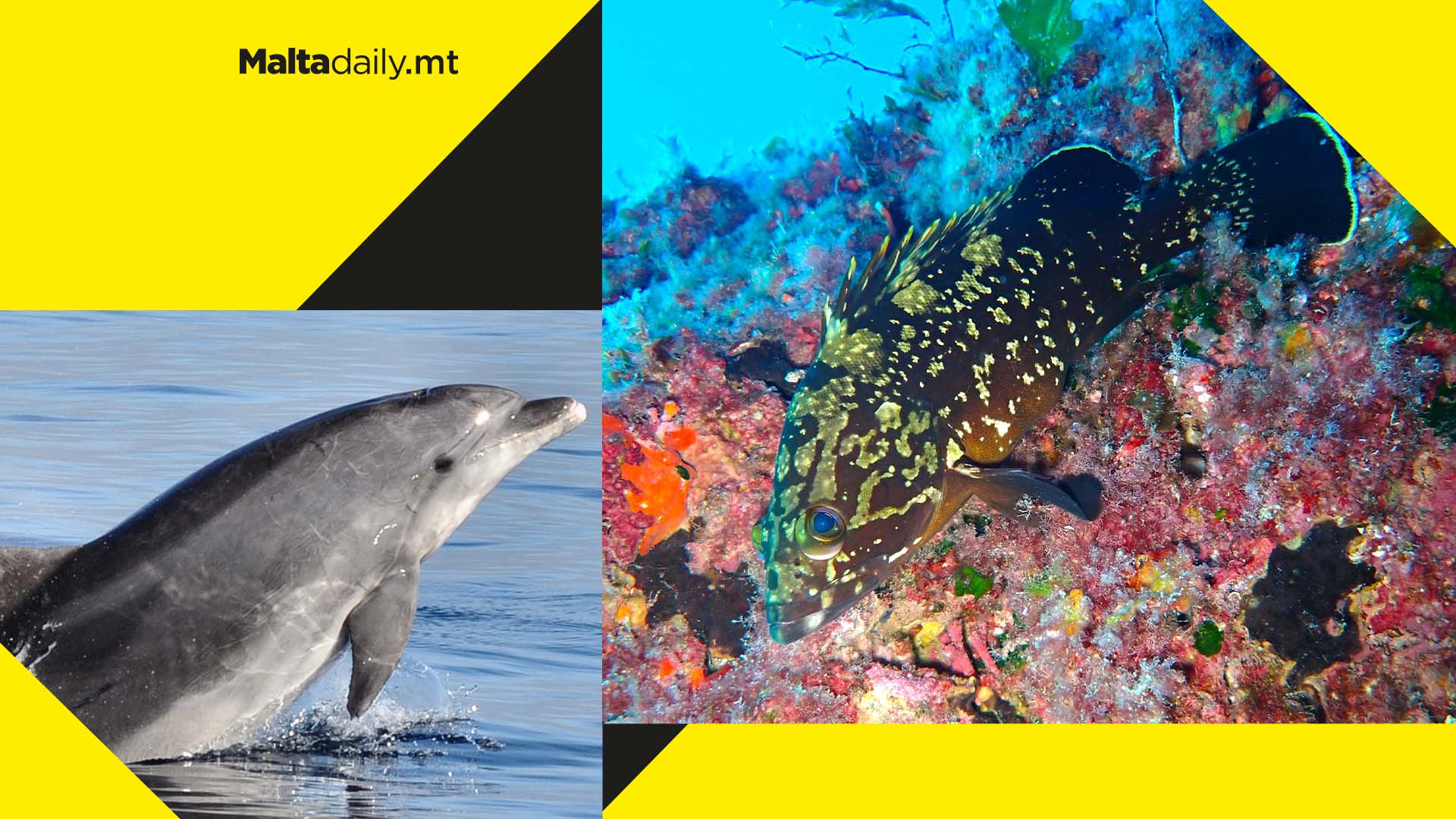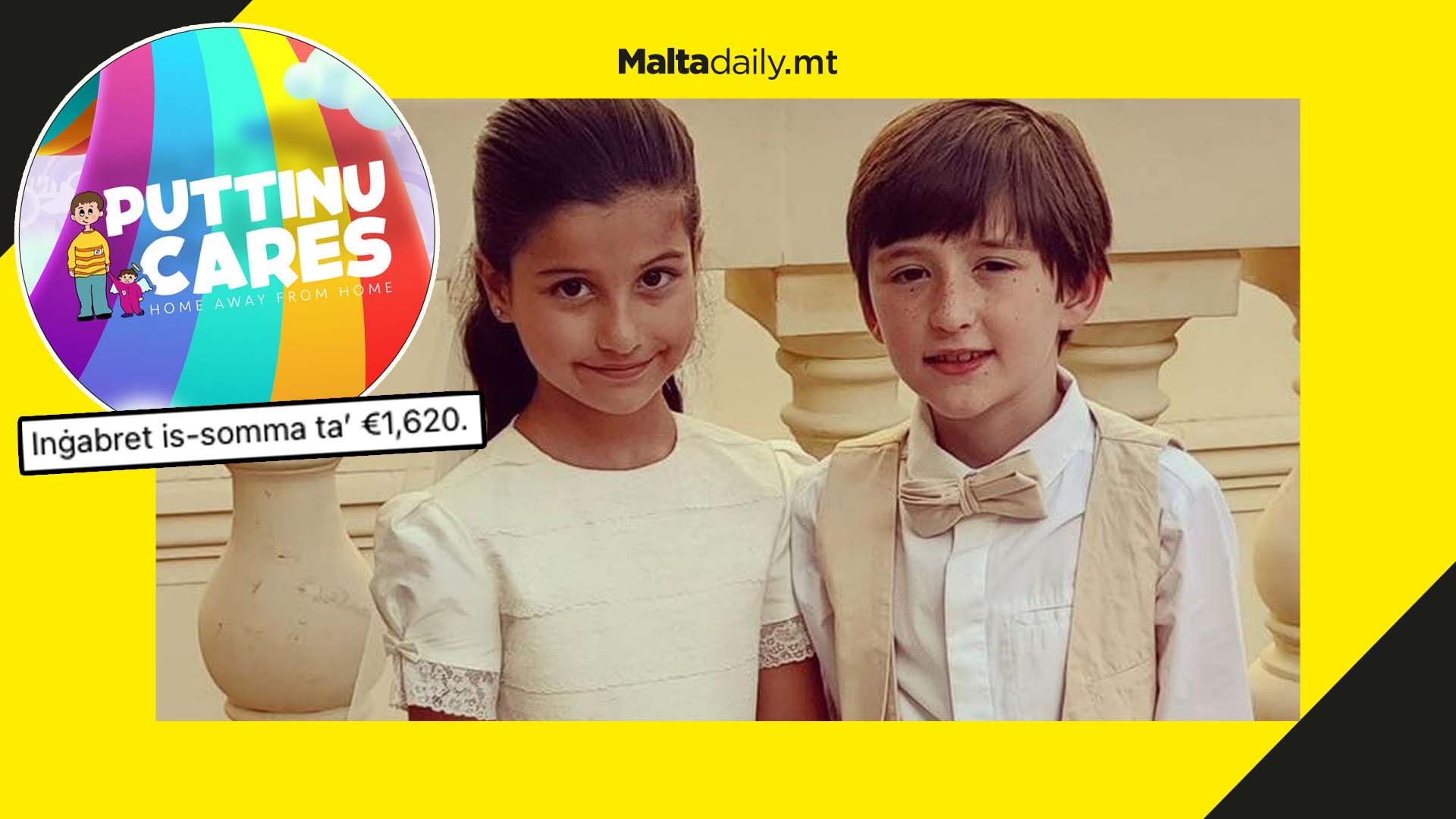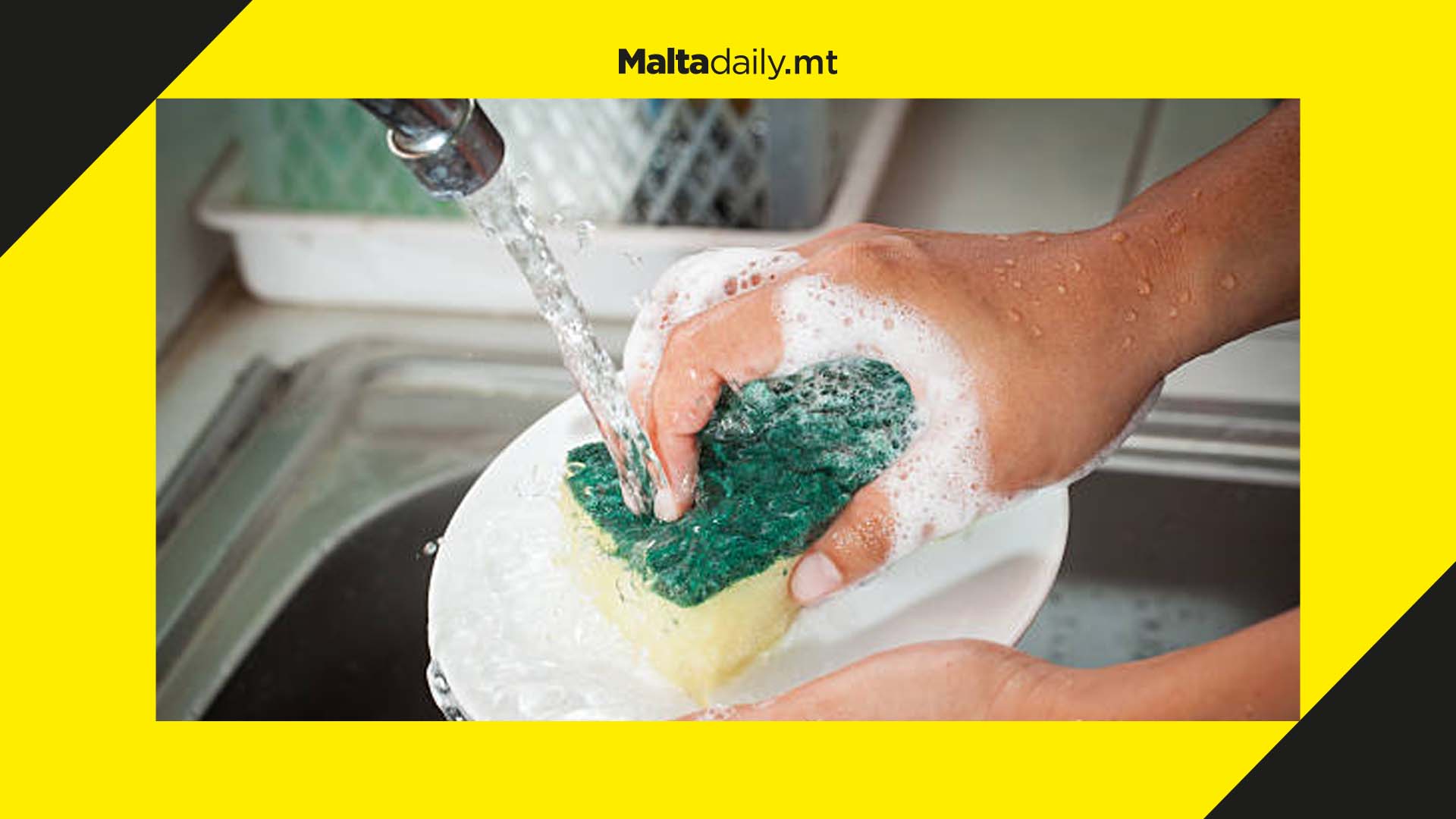
The Conservation Biology Research Group of the Biology Department, Science Faculty, University of Malta (CBRG-UM) highlights some of the serious problems our seas are still suffering from and the challenges that need to be overcome in order to sustain long-term research and effective management for the conservation of marine species.
Climate change and pollution are just two of the many impacts on marine life which in turn affects the marine ecosystem services and functions sustaining life on this planet. So World Oceans Day is important in reminding many that this blue planet needs us to take care of all the blue parts of our world, even those far away from sight, apart from the green we easily see vanishing every day.


The experience of this research group, led by Prof Adriana Vella has seen many discoveries, such as the first scientific report of Fin whales in Maltese coastal waters in 2007, as part of long-term research on dolphins and whales, turtles and many other marine species around our islands. This experience and expertise has been applied to scientific research beyond Maltese waters in other regions in the Mediterranean to aid required knowledge on these vulnerable species spread to areas in Italian and Greek waters where dedicated field research was limited or missing.
The Italia-Malta Interreg SEA MARVEL project is another fruit of regional research collaboration involving the CBRG-UM and a research team from the University of Catania, led by Prof Iuri Peri, expanding the field research effort in the central Mediterranean. This is necessary considering the increasing pressures in this region from vessel traffic, noise and other forms of pollution including plastics and wastes, overfishing by various countries, alien species increasing and affecting local species. SEA MARVEL researchers at the University of Malta led by Prof Vella, have been and continue to conduct extensive marine and aerial surveys to study the status of Maltese marine life and environment, while also involving stakeholders to contribute their experiences and sightings out at sea.
As part of ongoing research by the CBRG-UM, mariners are directed to forward any sightings to complement long-term monitoring of various marine species, including dolphins, whales and turtles through the Notice to Mariners No 017 of 2022 by Transport Malta.

Anyone wishing to contribute more details may also fill in a Google sighting form specifically for bottlenose dolphins and loggerhead turtles found in Maltese waters.
Sea-users are reminded that these species are legally protected and vessel distance needs to be kept from dolphins and turtles to avoid any harm to them. Ongoing research has recorded increasing disturbance and changes in coastal waters with limited integrated coastal zone management which therefore may affect their natural behaviours negatively. The lack of implementation of plans and enforcement to safeguard the many marine species, that are clearly risking to go extinct or have been listed as legally protected in local waters, is another weakness that needs resolving. Rich marine biodiversity means resilience and survival of species contributing to the mechanisms that do not only maintain the sea alive but mitigate planet-wide problems, such as climate change. A world of knowledge is therefore required to understand and contribute to the best decisions and measures for conservation from local to global, with detailed studies that consider species, habitats and ecosystems.
The Dusky Grouper, Epinephelus marginatus, is an example that may highlight the contrast between lack of public awareness and urgent conservation needs. While this species is of economic importance locally in the fishing industry and considered a culinary delicacy, the public is often not aware of its over-exploitation that has caused dangerous stock reduction. This is compounded by the fact that these groupers are top predators with a territorial behaviour so easily falling victim to spearfishermen and other coastal fishing activities. Apart from direct removal of individuals from the shrinking population, harvesting groupers before sexual maturity severely impacts future population growth. As a result, the Dusky Grouper is listed as ‘Endangered’ in the Mediterranean by the International Union for Conservation of Nature (IUCN).
Conservation of the slow growing dusky groupers requires detailed and long-term population research data, together with unbiased, accurate fish landings data and improved policies to enforce effective protection. An effort that has been earmarked for many years by the CBRG-UM, which has also used genetics to study this species further. Through numerous scuba diving surveys, the presence, abundance, and distribution of this fish in Maltese coastal waters was studied. Shockingly though this species can grow up to 1.5m, the body size distribution peaked at 20-25cm with only a few groupers larger than 55cm being recorded. Therefore until this species remains in the list of fisheries target species, there is an urgent need to increase the minimum catch size limit for this species to over 49cm, which is reported as the average length at which females reach maturity, side by side with No Take Zones in local Marine Protected Areas to ensure possibilities for larger specimens to produce offspring. Both these strategies are essential to Dusky grouper abundance and conservation in Maltese coastal waters. The species is already protected in many other Mediterranean waters.
While dusky groupers decline, alien fish are invading our seas, such as the pufferfish and lionfish which seem to have very few potential predators except groupers. In fact such issues were discussed at the 2nd International Symposium on Pufferfish and Lionfish in the Mediterranean held in Turkey, where Prof Vella was invited to give a keynote presentation, apart from contributing to the recommendations that came out from this effort.
The SEA MARVEL project is also contributing to research on aliens and their efficient detection and mitigation to safeguard local marine biodiversity. Innovative techniques developed to efficiently inform and react to new challenges are supporting the future of conservation and the CBRG continues to contribute to this transformation.
World Oceans Day allows us to encourage everyone to consider ways of taking part in collective action for the conservation of our seas/oceans. From avoiding the disposal of wastes on shores or overboard, to informing dedicated long-term researchers of their sightings in timely manner.
For any further information contact Prof Adriana Vella: adriana.vella@um.edu.mt
#MaltaDaily







